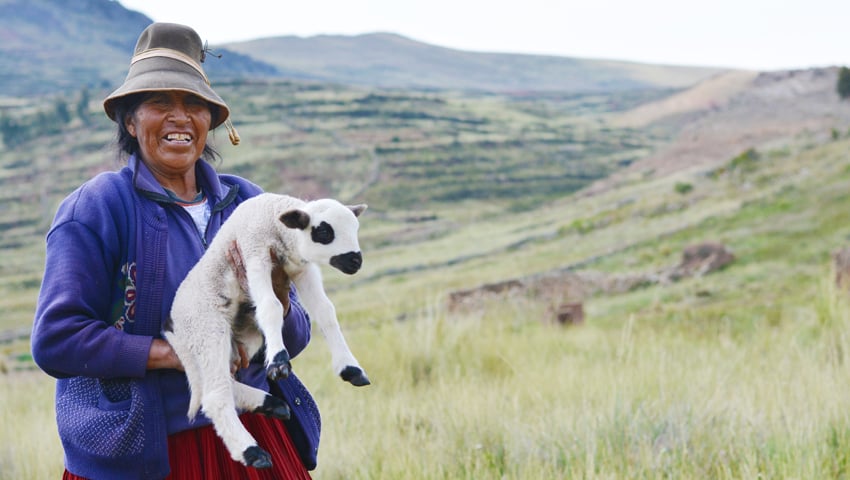The Global Alliance on the Future of Food is calling for new approaches to research and policy-making that help to democratise knowledge supply in approaches to food system transformation.
Writing in the scientific journal, Nature Food, GAFF’s Lauren Baker and Amanda Jekums say that current narrow views of what constitutes evidence have left blind spots in food system decision-making. They say that alternative ways of facilitating the production and exchange of transdisciplinary knowledge will enable key lessons for more equitable and informed policy processes.
Baker and Jekums start by asking the question, “What counts as evidence?” They say that it is time to challenge the narrow view of evidence in research and scientific circles.
They say, “Traditional evidence often excludes critical ways of producing and facilitating knowledge exchange from diverse actors including indigenous peoples and food producers.
“By focusing on knowledge that excludes oral non-English and community derived expertise, there’s a serious risk in overlooking solutions to address urgent global challenges.
“Research that elevates the practical experiences and needs of food producers has the biggest stake in ensuring a healthy and thriving food system that protects people and planet.”
The authors cite a range of sources that can help to democratise knowledge exchange. These include traditional knowledge, wisdom, social movements, oral history, case studies, observations, lived experiences and culture.
Baker and Jekums say, “We need deeply participatory and transdisciplinary approaches to creating and building evidence – and we need to share this knowledge to ensure a democratic and equitable approach on how we transform food systems and address the intersecting issues of our time.
“The additional time and resources to ensure equitable participation results in outcomes that promise more relevance for local communities and can be more easily implemented.”
The authors describe two particular case studies. They say that, “In sub-Saharan Africa, farmers were more likely to shift away from tree-cutting and burning land ahead of a cropping season towards a regenerative approach to farming through peer-learning and observation.
“In Bolivia, research designed and executed by farmers in equal partnership with scientists broke down traditional power dynamics and reinforced solutions that are tailored to rural communities.”
Read the full article, Knowledge democratization approaches for food systems transformation
